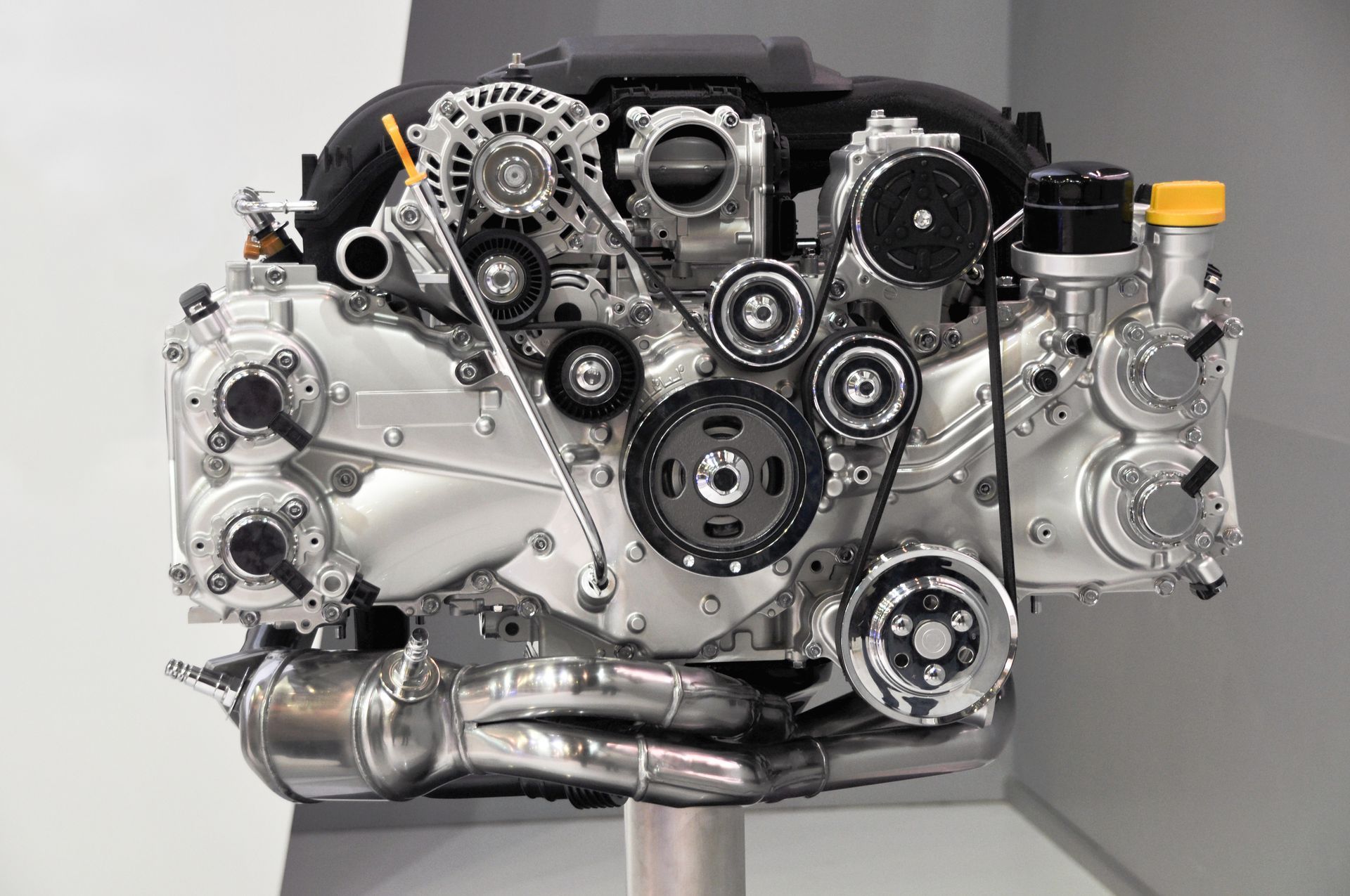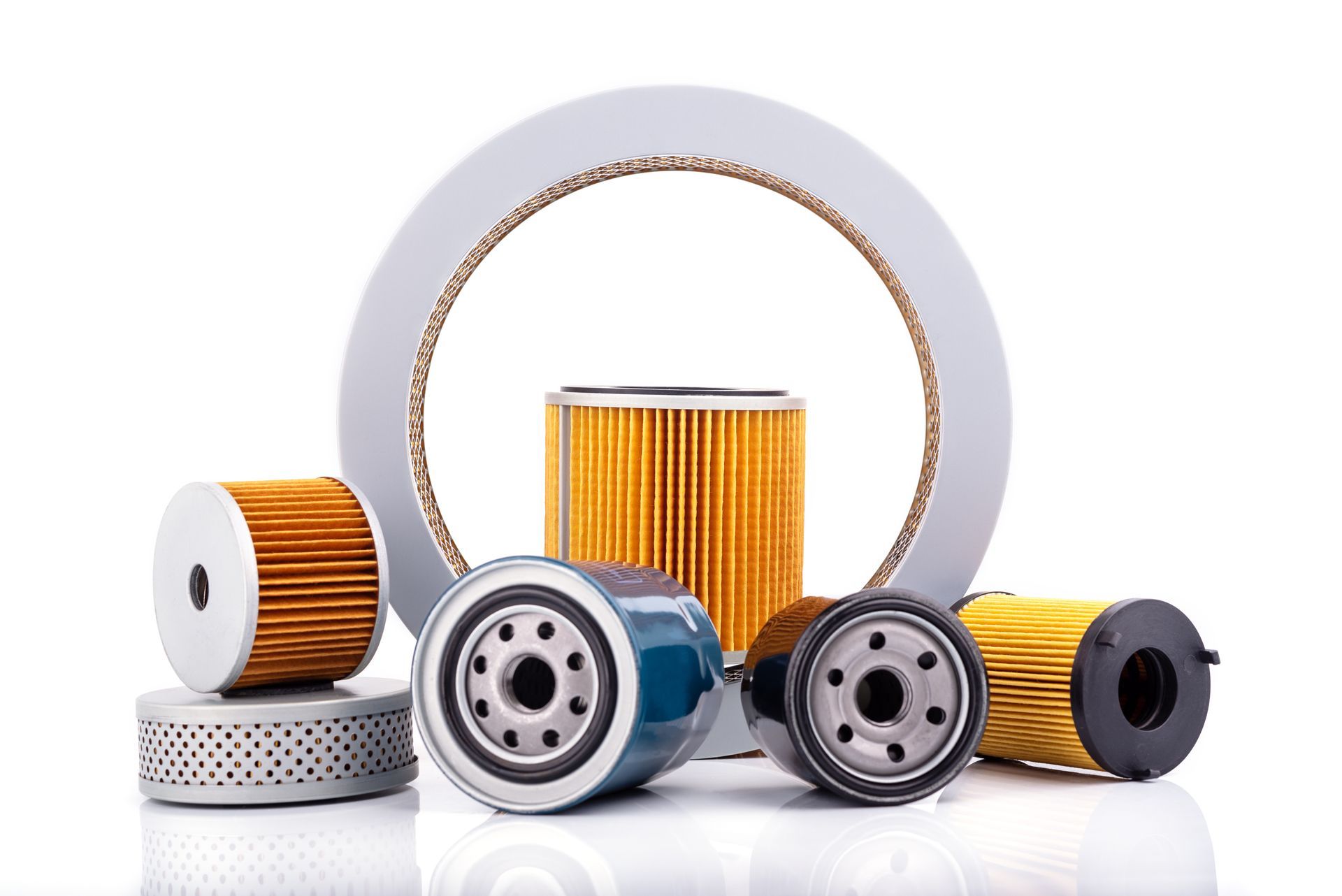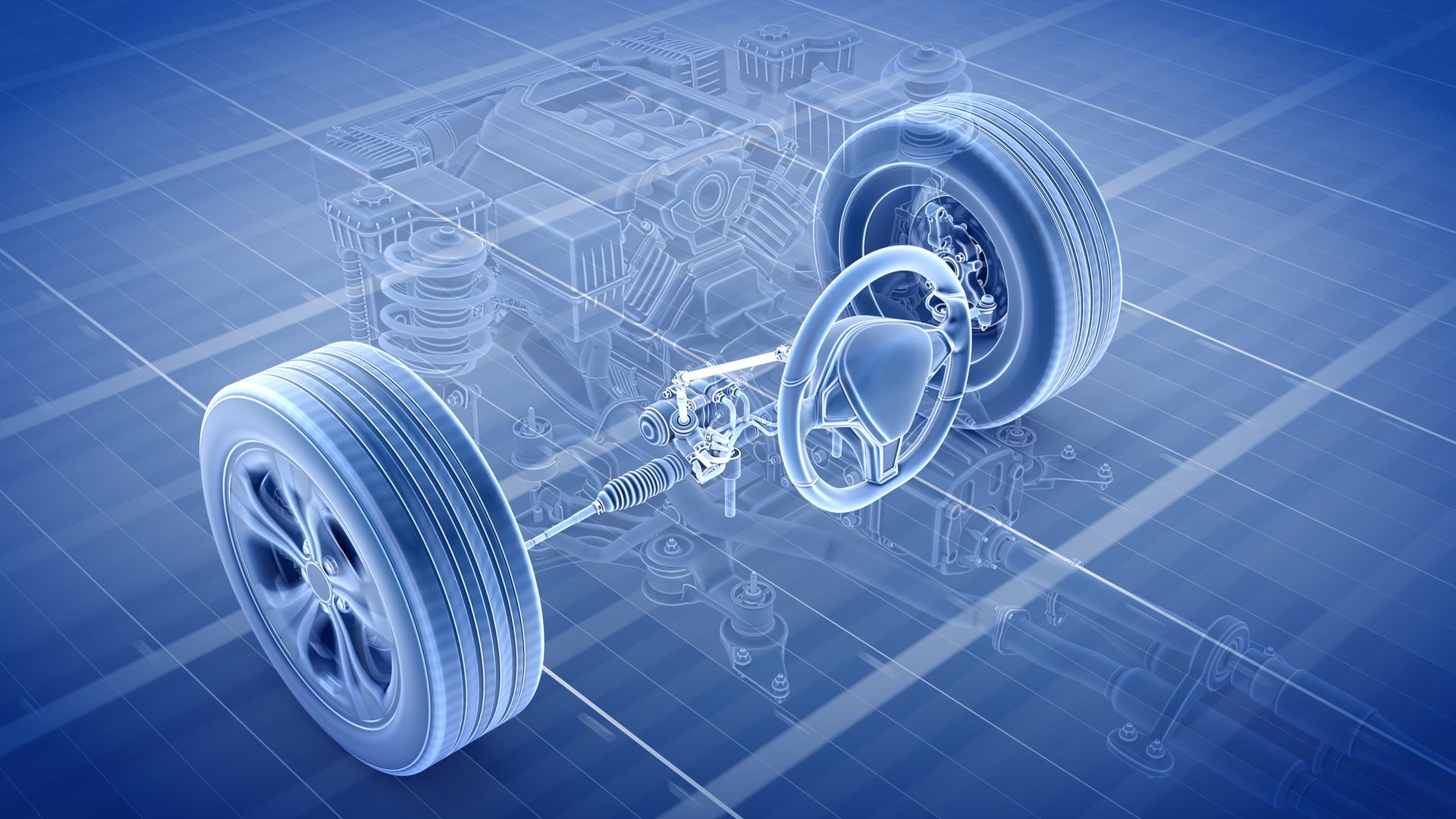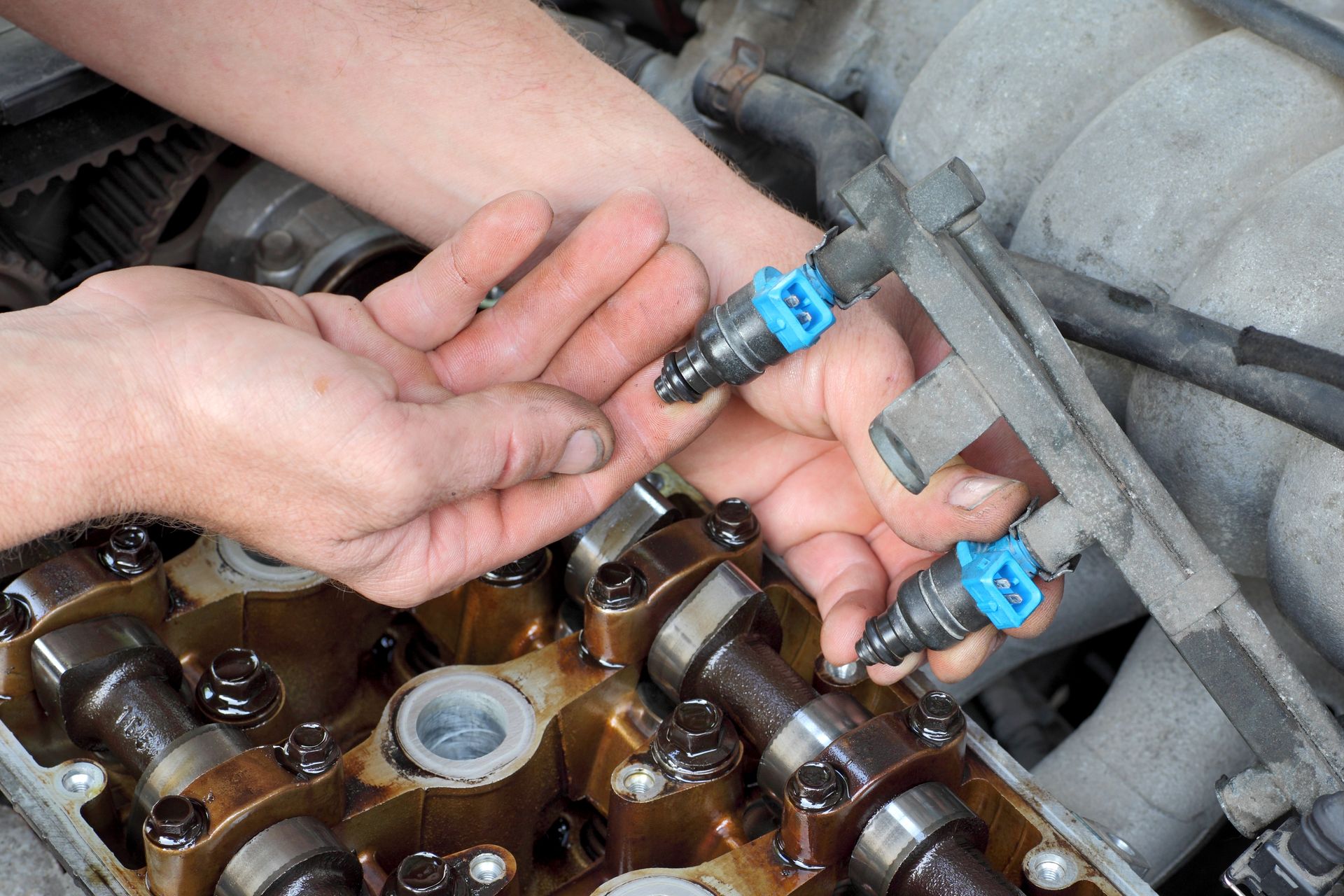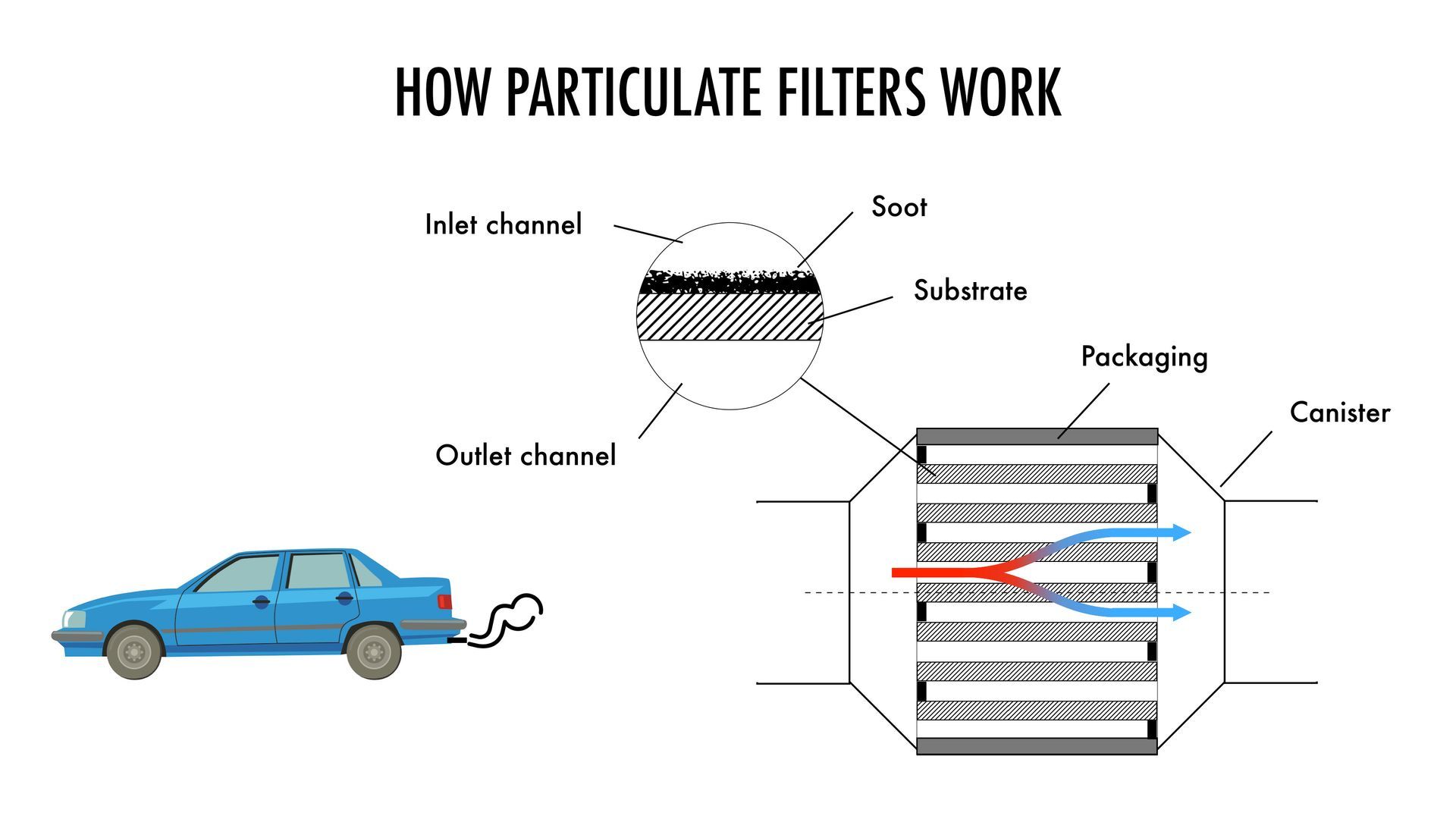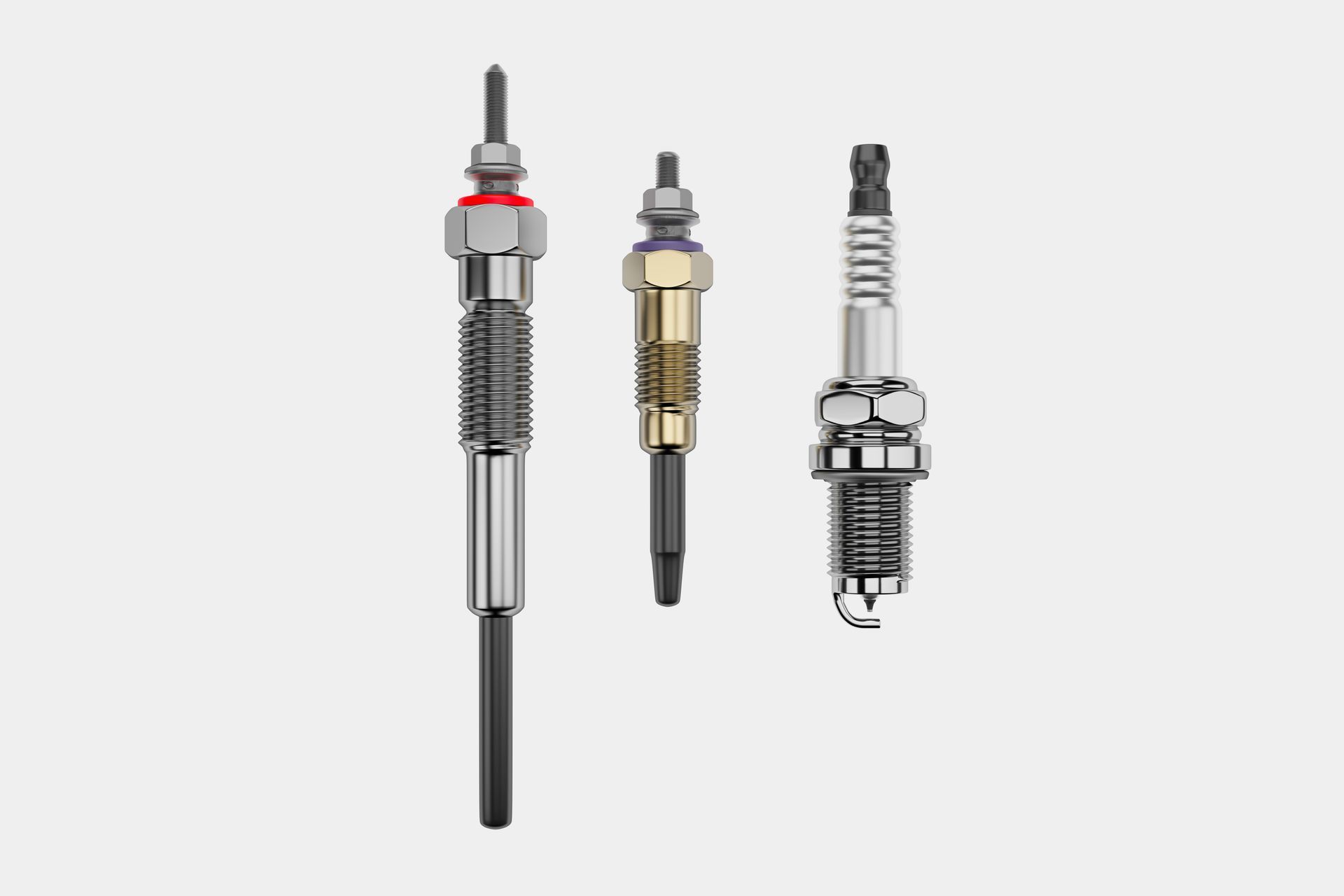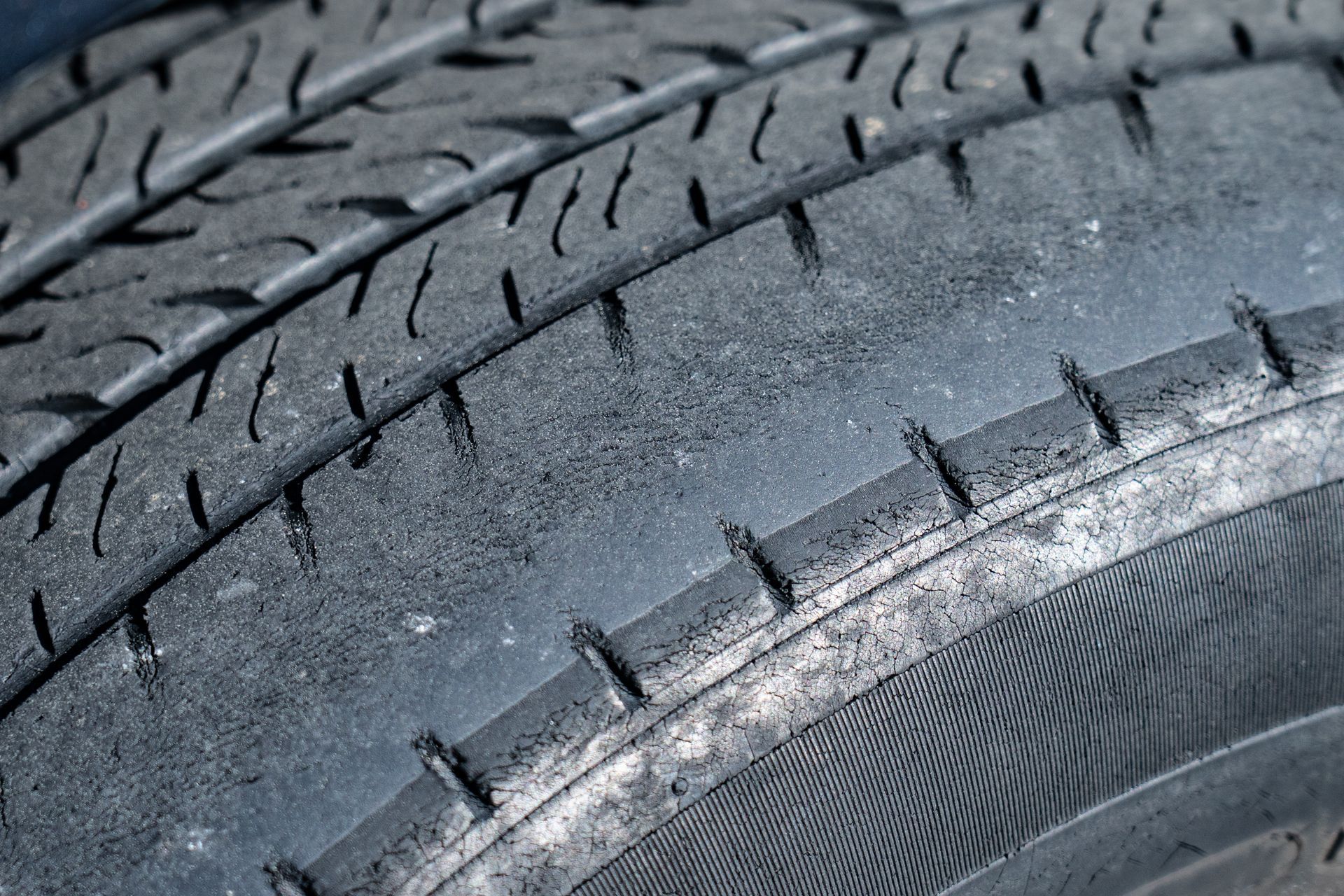Loading ...
Missing business hours data / Error occurred while getting the data.
Loading ...
Missing business hours data / Error occurred while getting the data.
Why Are Diesel Engines More Reliable And Fuel Efficient?
April 27, 2024
In an era of environmental consciousness and rising fuel costs, the quest for efficient and reliable engine technology has never been more critical. Among the options available, diesel engines stand out for their remarkable reliability and fuel efficiency. But what makes diesel engines superior in these aspects?
The Diesel Engine
At the heart of diesel engines lies a fundamental difference in combustion compared to gasoline engines. While gasoline engines rely on spark ignition, diesel engines utilize compression ignition, where fuel ignites due to the heat generated by compressing air within the combustion chamber.
This design inherently offers greater efficiency and power output, as it operates under higher compression ratios and extracts more energy from each unit of fuel.
Turbocharging and Direct Injection
Diesel engines often incorporate turbocharging and direct injection technologies, further enhancing their performance and efficiency. Turbocharging increases the volume of air entering the combustion chamber, allowing for complete fuel combustion and higher power output without sacrificing fuel efficiency.
Direct diesel injection systems precisely deliver fuel into the combustion chamber at high pressure, optimizing combustion and minimizing fuel wastage.
Why Most Towing Vehicles Have Diesel Engines
Towing vehicles typically opt for diesel engines due to their torque-rich performance. Diesel engines generate higher torque at lower RPMs, providing the necessary pulling power for towing heavy loads without straining the engine.
Diesel engines offer better fuel economy under heavy loads, making them the preferred choice for towing applications where efficiency and durability are paramount. Their robust construction and longevity further solidify diesel engines as the ideal power plant for towing vehicles.
Durability and Longevity
One of the hallmarks of diesel engines is their robust construction and durability. Diesel engines are engineered to withstand higher compression forces and temperatures, resulting in sturdier components and longer service life. The slower combustion process in diesel engines reduces wear and tear on internal parts, contributing to their renowned reliability and longevity.
Efficiency and Fuel Consumption
Diesel engines are inherently more fuel-efficient than gasoline engines due to their higher compression ratios and thermal efficiency. The efficient combustion process in diesel engines ensures that a greater portion of the fuel's energy is converted into useful work, resulting in lower fuel consumption per mile traveled. This efficiency not only translates to cost savings for vehicle owners but also reduces carbon emissions and environmental impact.
Environmental Considerations
While diesel engines offer exceptional efficiency and reliability, concerns about their environmental impact have arisen due to emissions of nitrogen oxides (NOx) and particulate matter.
Advancements in emission control technologies, such as diesel particulate filters (DPF) and selective catalytic reduction (SCR) systems, have significantly mitigated these concerns, making modern diesel engines cleaner and more environmentally friendly.
Questions You Might Have
How do diesel engines achieve higher efficiency compared to gasoline engines?
Diesel engines operate under higher compression ratios, allowing for more complete combustion of fuel and higher thermal efficiency.
What technologies contribute to the reliability and longevity of diesel engines?
Turbocharging, direct injection, and robust construction materials enhance the performance and durability of diesel engines.
Are modern diesel engines environmentally friendly?
Advancements in emission control technologies have made modern diesel engines cleaner and more environmentally friendly, reducing emissions of nitrogen oxides and particulate matter.
Don't wait until it's too late! Trust your diesel engine to the experts at
ICDI Diesel Repair. Contact us today to schedule a service with our certified technicians and keep your vehicle running at peak performance.
Reach Us:
Loading ...
Missing business hours data / Error occurred while getting the data.
Quick Links:
Loading ...
Missing nap lines data / Error occured while getting the data.

